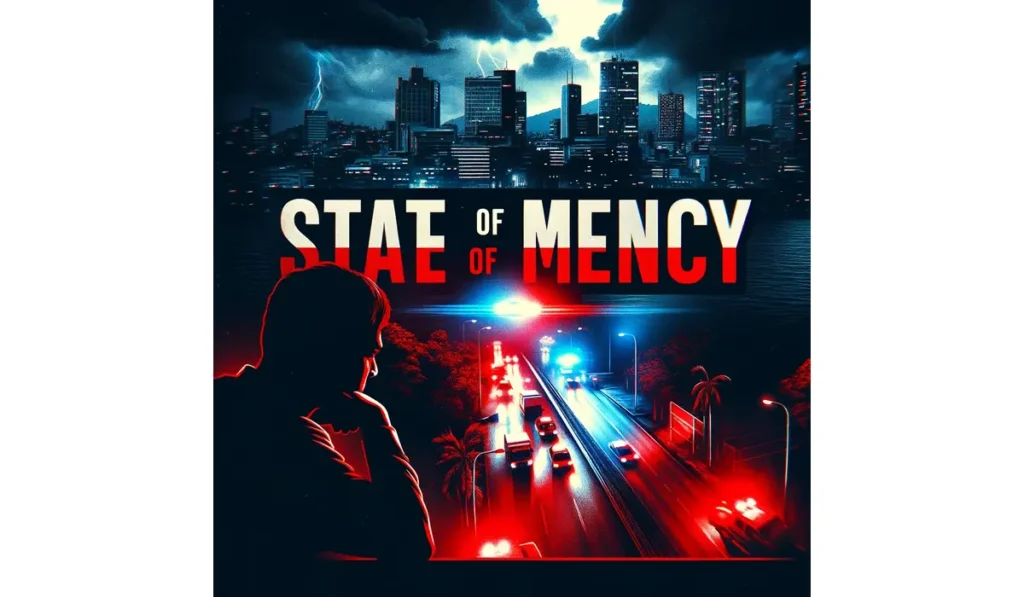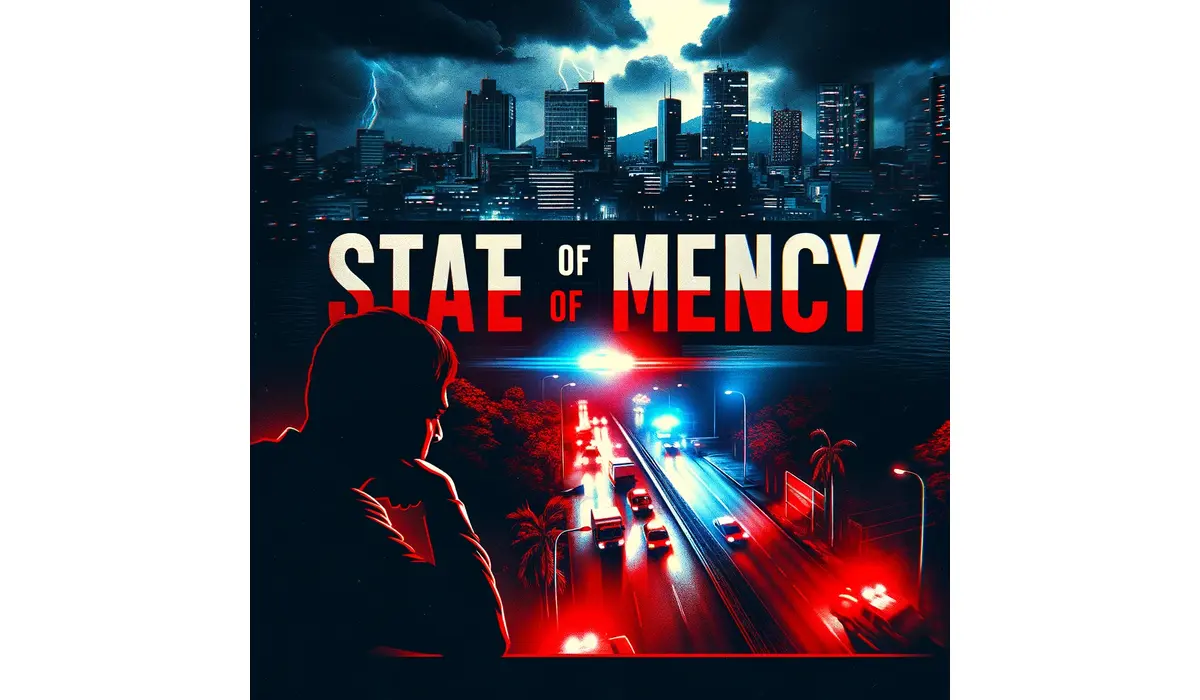
In an alarming turn of events, Trinidad and Tobago has declared a state of emergency following a sharp rise in violent crime, particularly murders. This decision reflects the government’s urgent need to address the escalating crisis that has gripped the Caribbean nation. With the murder rate soaring to unprecedented levels, the island’s residents are grappling with fear and uncertainty.
Understanding the Surge in Murders
The increase in murders has been attributed to a complex interplay of factors, including gang violence, drug trafficking, and economic disparities. According to local law enforcement, much of the violence stems from turf wars among rival gangs vying for control of lucrative drug routes. The availability of illegal firearms has further fueled the crisis, making it increasingly difficult for authorities to maintain public safety.
Government’s Response to the Crisis
In response to the deteriorating situation, Prime Minister Dr. Keith Rowley announced the implementation of a state of emergency in key hotspots. This measure includes curfews, increased police presence, and the deployment of military personnel to assist in maintaining order. The government has also vowed to intensify efforts to dismantle criminal networks and strengthen community policing initiatives.
“We cannot allow criminal elements to hold our nation hostage,” stated Prime Minister Rowley during a recent press briefing. “This state of emergency is a necessary step to restore peace and ensure the safety of our citizens.”
Impact on Daily Life
The declaration of a state of emergency has had significant implications for the daily lives of Trinidad and Tobago’s residents. While many support the government’s actions, others express concerns about potential human rights violations and the long-term effectiveness of such measures. Businesses in affected areas are experiencing reduced operating hours, and citizens are adjusting to stricter movement restrictions.
Community and International Reactions
Local community leaders have called for a collaborative approach to address the root causes of violence. They emphasize the need for investment in education, job creation, and social programs to provide alternatives to a life of crime. Meanwhile, international organizations have expressed solidarity with the government’s efforts while urging adherence to human rights standards.
A Path Forward
Addressing the surge in murders requires a multifaceted strategy that goes beyond immediate law enforcement measures. Experts suggest that a combination of policy reforms, economic investment, and social intervention programs is essential to achieve long-term stability. Strengthening regional cooperation to combat transnational crime and enhancing the judicial system’s efficiency are also critical components of a sustainable solution.
Conclusion
Trinidad and Tobago’s declaration of a state of emergency highlights the gravity of the nation’s escalating murder crisis. While the immediate measures aim to curb violence, the government and society must work together to address the underlying issues driving crime. As the nation navigates this challenging period, the resilience and unity of its people will play a pivotal role in shaping a safer and more prosperous future.


